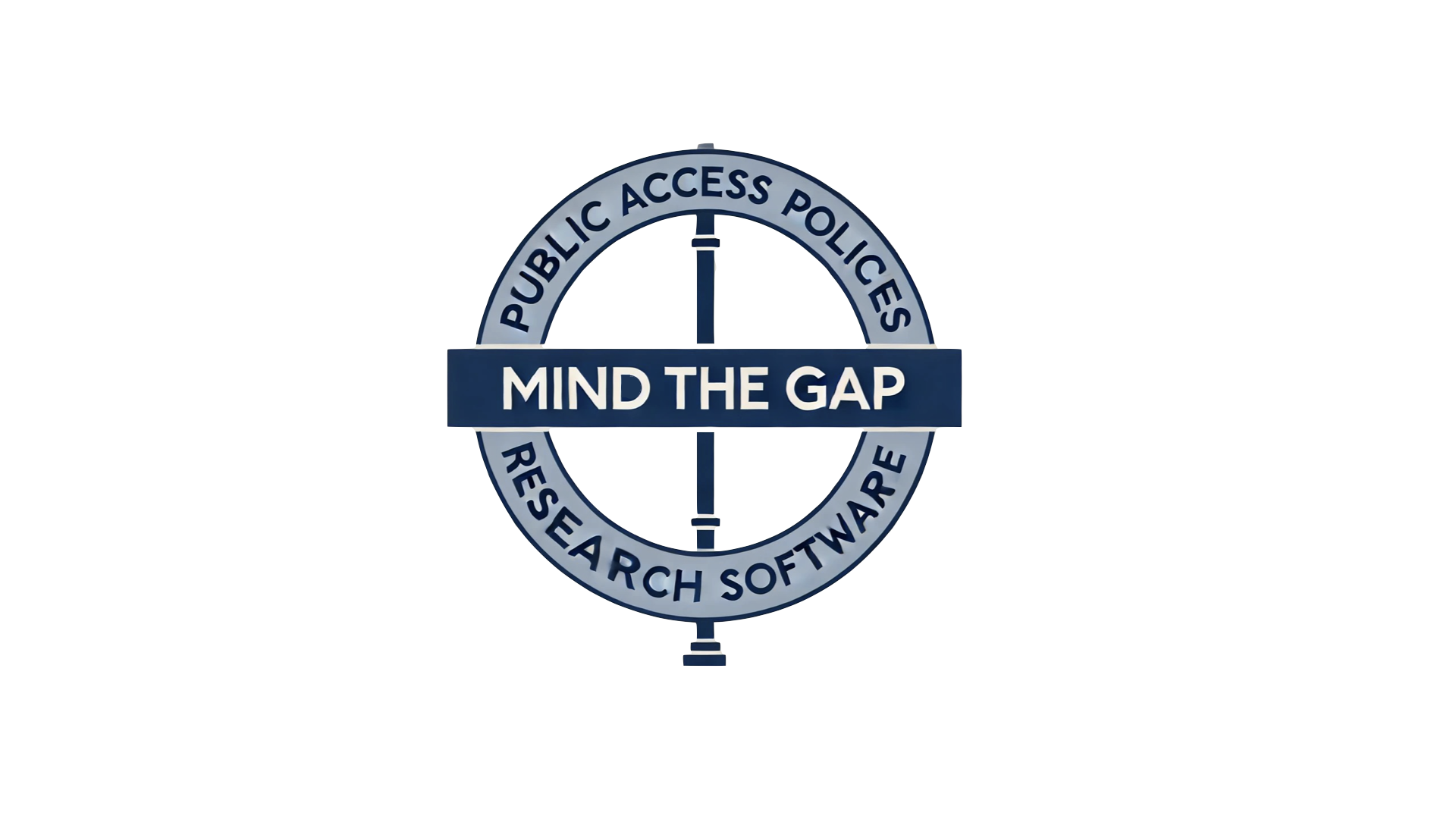In the era of data-intensive and computationally driven research, software has become an indispensable tool in the scientific process. Yet, current U.S. policies on public access to federally funded research outputs largely overlook this crucial component. The Holdren memo (2013) and the Nelson memo (2022), which establish guidelines for public access to scholarly articles and research data, are notably silent on the topic of research software—the code written by researchers to analyze data, run simulations, or automate complex tasks.
This oversight is significant. While data sharing is essential for transparency and reproducibility, data alone is often insufficient to validate or build upon research findings. The software used to process and analyze that data is equally critical. Without access to the associated code, data remains inert and opaque, limiting its potential for reuse and verification.
The neglect of software in these policies may stem from a traditional view of research outputs that focuses on publications and datasets. However, as computational methods have become ubiquitous across disciplines, the research community increasingly recognizes software as a first-class research output deserving of the same attention as papers and data.
Recognizing this gap, a group of contributors to the Higher Education Leadership Initiative for Open Scholarship (HELIOS) recently published recommendations to expand U.S. federal policies to encompass open research software. These recommendations call for:
Without access to the associated code, data remains inert and opaque
- Federal agencies to provide guidance or mandates for code sharing as part of their public access plans.
- Promotion of collaborative development and version control practices.
- Long-term preservation of software in trusted repositories.
- Guidance on ensuring the security and integrity of research software.
- Encouragement of standard open source licenses approved by the Open Source Initiative.
These recommendations aim to elevate software to the same level of importance as data and publications in the research ecosystem. They also address practical concerns such as sustainability, security, and legal frameworks for sharing.
Implementing these recommendations would require a significant cultural shift within the research community. This shift involves recognizing software development as a valuable scholarly activity, providing adequate funding and support for software maintenance, and adjusting academic incentive structures to reward code sharing and collaborative development.
While we wait for federal policies to catch up, institutions can take proactive steps to promote software sharing and elevate the status of research software. These might include:
- Developing institutional policies that require or encourage sharing of research software.
- Providing infrastructure and support for software development and preservation.
- Offering training in best practices for scientific software development.
- Considering software contributions in tenure and promotion decisions.
At George Washington University's Open Source Program Office, we're working to implement these kinds of initiatives. We believe that by fostering a culture of openness around research software, we can enhance the impact and reliability of scientific research.
The path forward requires engagement from all stakeholders in the research ecosystem—funders, institutions, publishers, and researchers themselves. By recognizing the vital role of software in modern research and taking steps to ensure its accessibility and reusability, we can fully realize the goals of open science and public access to research outputs.
We invite you to join us in this effort. Whether you're a researcher, administrator, or policymaker, there are actions you can take to promote the sharing and recognition of research software. Share your code, advocate for software-friendly policies at your institution, and engage in discussions about the future of open scholarship. Together, we can bridge the gap in current public access policies and ensure that research software receives the attention it deserves.
Reference:
— McKiernan EC, Barba L, Bourne PE, Carter C, Chandler Z, Choudhury S, et al. (2023) Policy recommendations to ensure that research software is openly accessible and reusable. PLoS Biol 21(7): e3002204. https://doi.org/10.1371/journal.pbio.3002204

Content licensed under Creative Commons Atribution International 4.0



